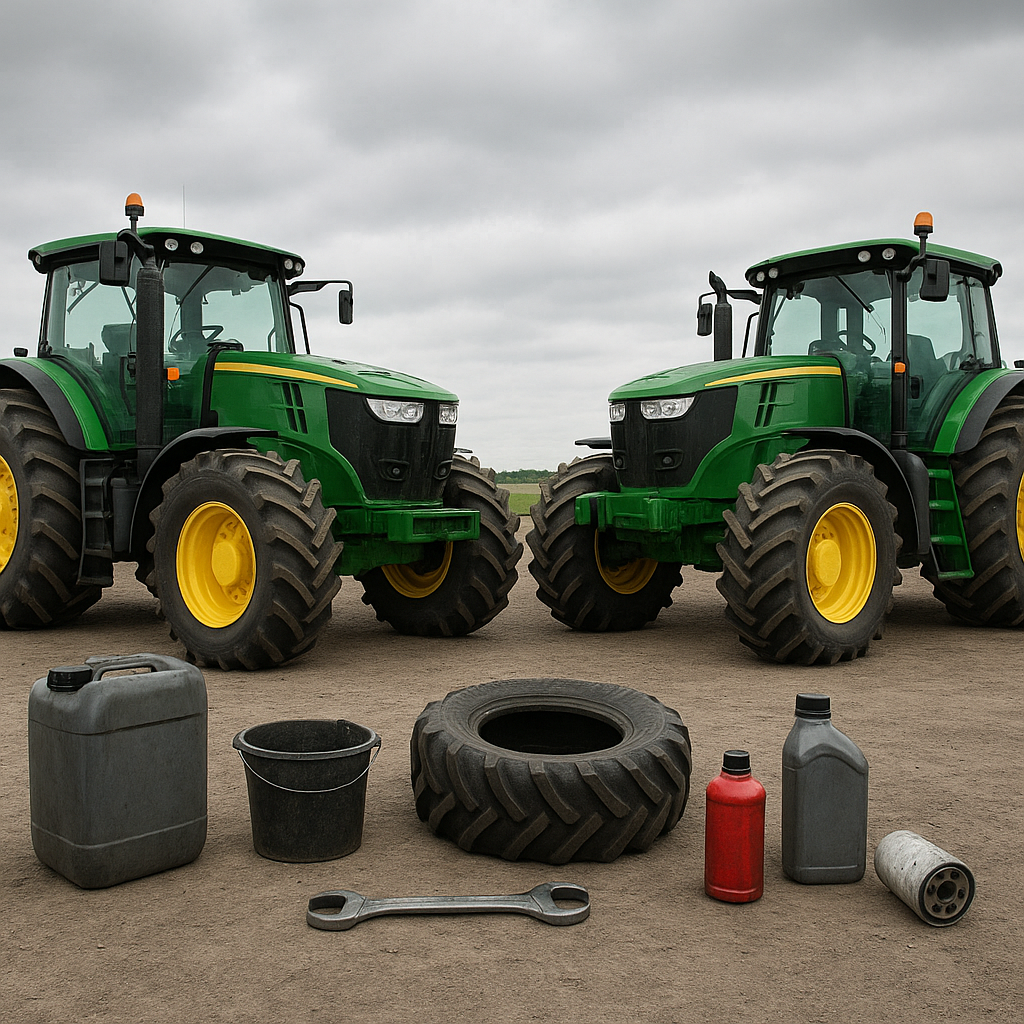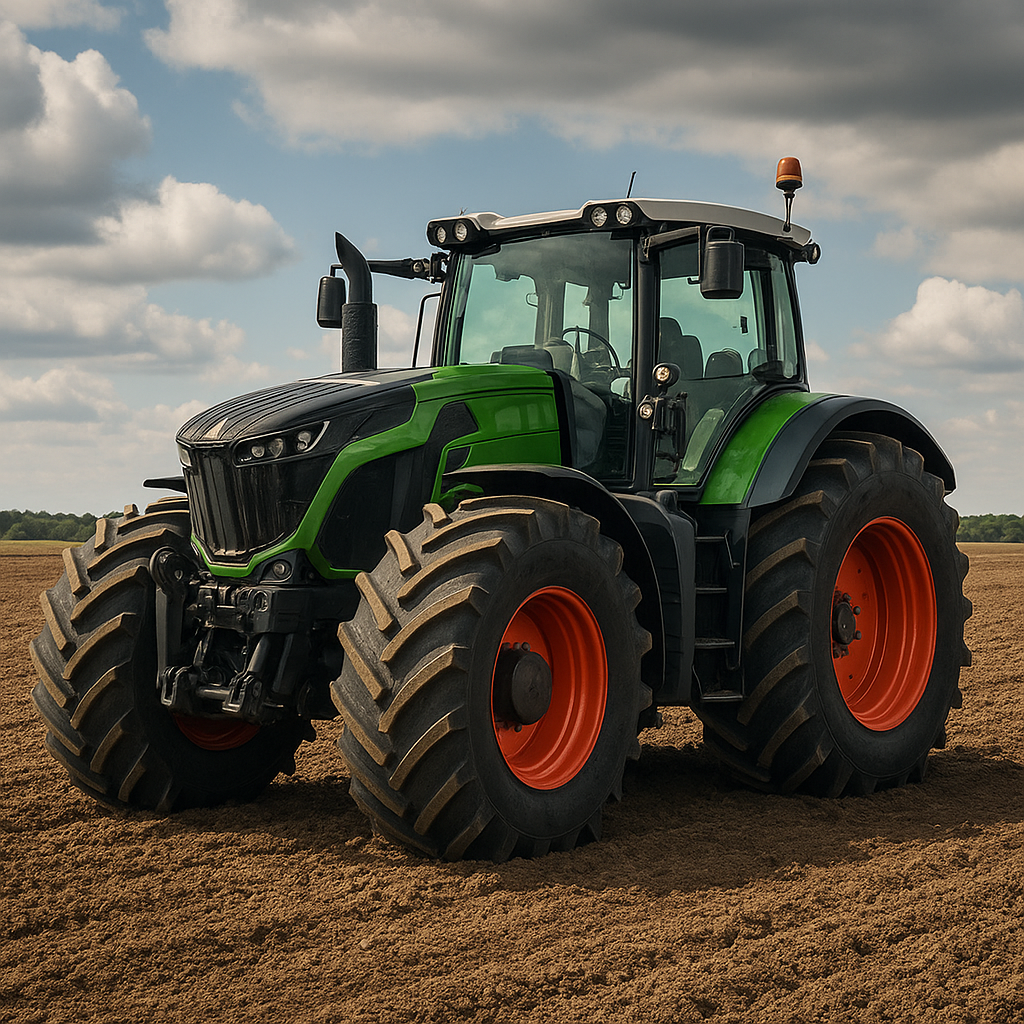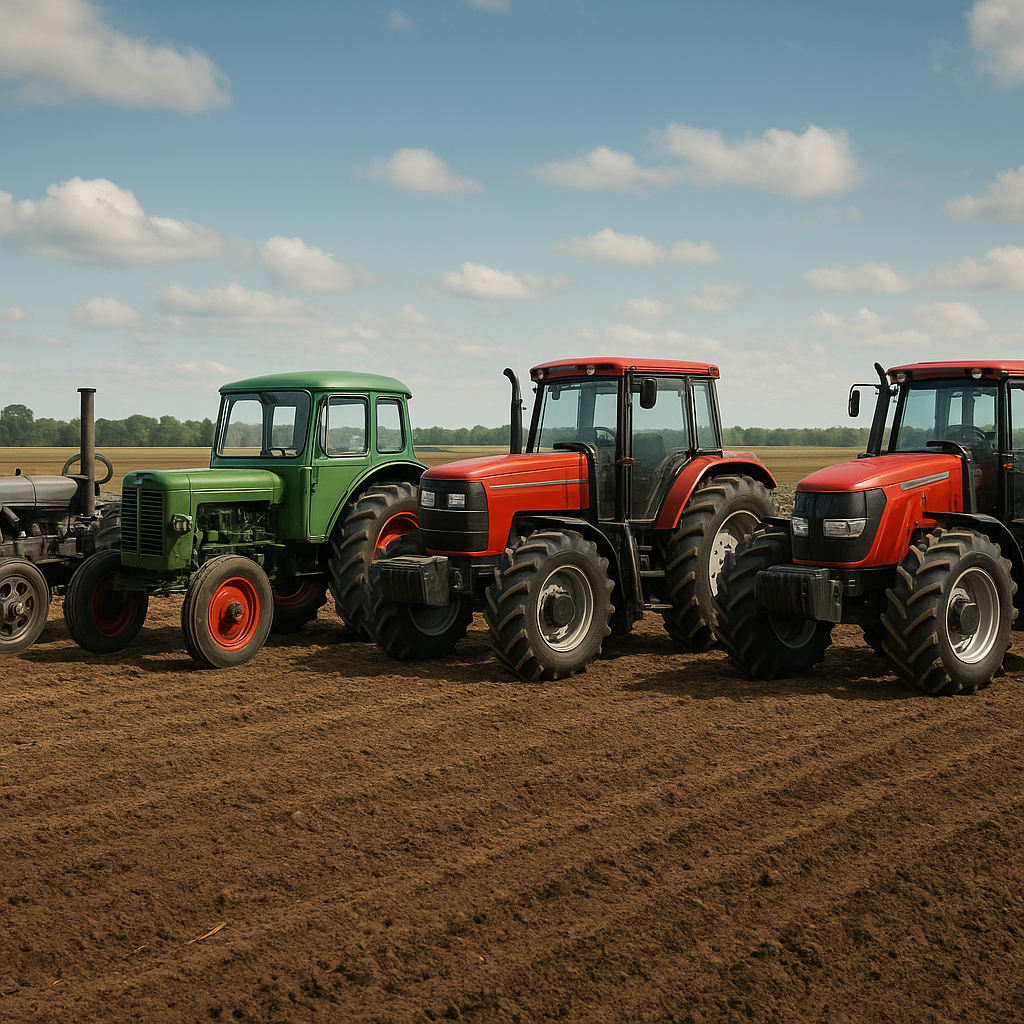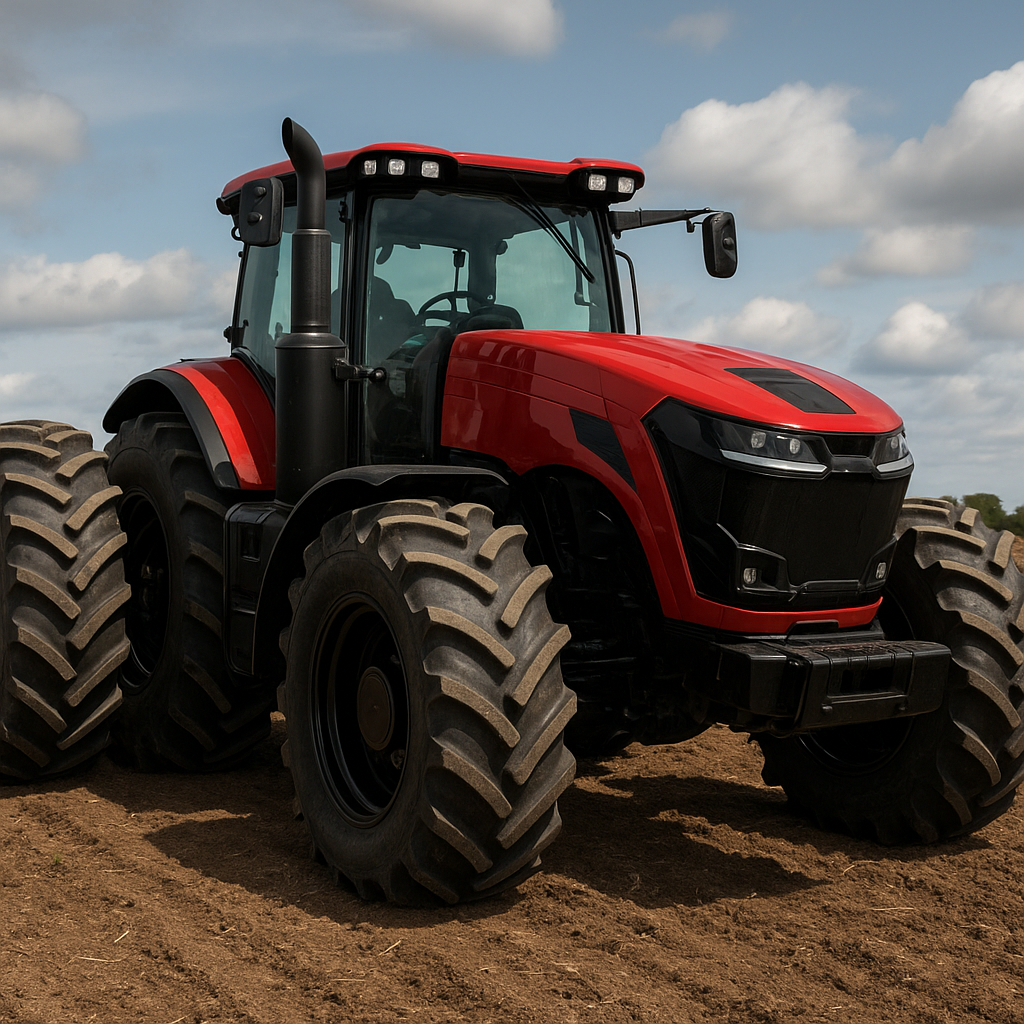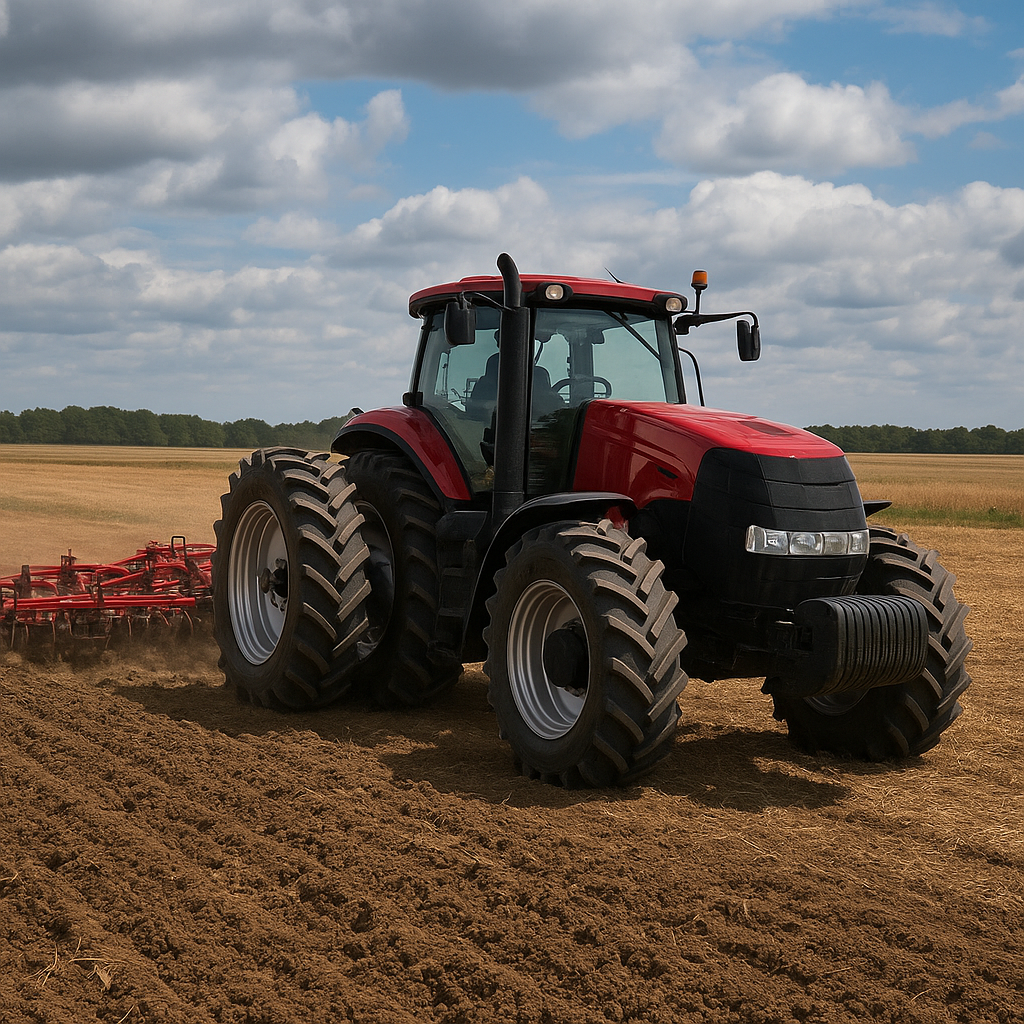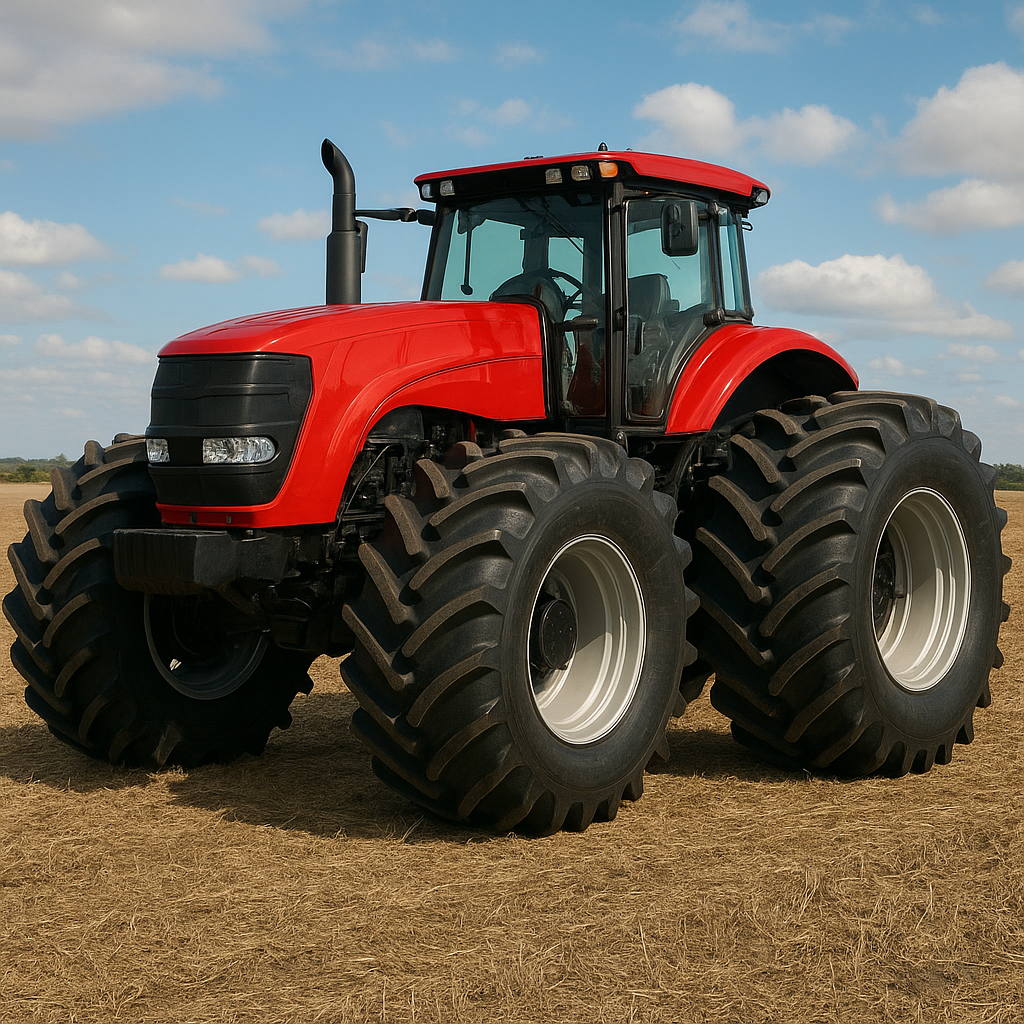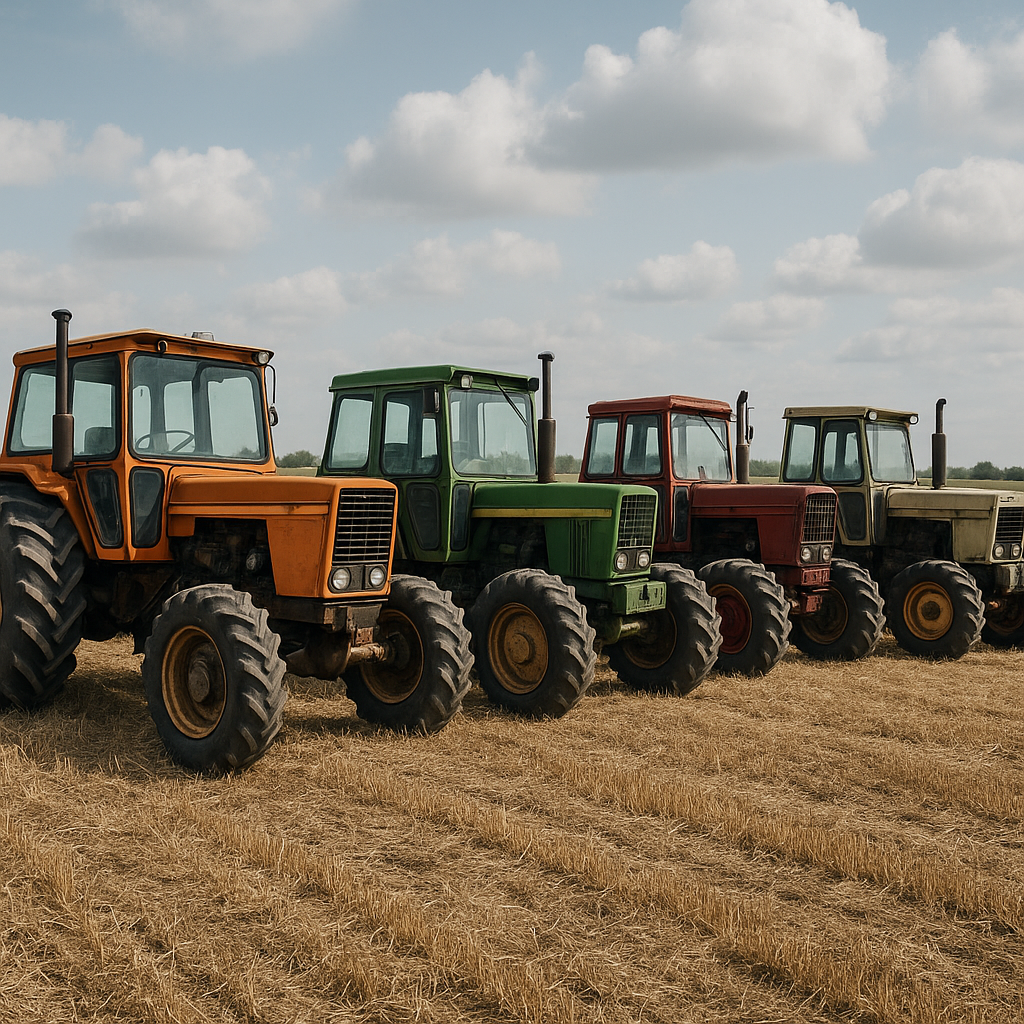Asian tractor brands have significantly impacted global agriculture, providing innovative solutions and reliable machinery to farmers worldwide. This article delves into the contributions of these brands, their technological advancements, and their influence on modern farming practices.
Emergence of Asian Tractor Brands
The rise of Asian tractor brands in the global market can be traced back to the mid-20th century. Countries like Japan, South Korea, and China began to develop their agricultural machinery industries to support their growing agricultural sectors. Brands such as Kubota, Yanmar, and Mahindra quickly gained recognition for their quality and affordability, making them popular choices among farmers not only in Asia but also in other parts of the world.
Kubota, a Japanese company founded in 1890, initially focused on producing cast iron pipes. However, by the 1960s, the company had shifted its focus to agricultural machinery, introducing its first tractor in 1960. Kubota’s commitment to innovation and quality helped it become a global leader in the tractor industry. Similarly, Yanmar, another Japanese brand, started producing diesel engines in 1933 and later expanded into the agricultural machinery market, gaining a reputation for its reliable and efficient tractors.
In India, Mahindra & Mahindra began manufacturing tractors in the early 1960s. The company quickly became the largest tractor manufacturer in India and one of the largest in the world. Mahindra’s success can be attributed to its focus on producing durable and affordable tractors that cater to the needs of small and medium-sized farmers. The company’s global expansion strategy has also played a crucial role in its growth, with Mahindra tractors now being sold in over 40 countries.
Technological Advancements and Innovations
Asian tractor brands have been at the forefront of technological advancements in the agricultural machinery industry. These companies have continuously invested in research and development to create innovative solutions that enhance the efficiency and productivity of farming operations.
One of the key areas of innovation has been the development of compact and versatile tractors. Kubota, for instance, has introduced a range of compact tractors that are designed to perform various tasks, from plowing and tilling to mowing and landscaping. These tractors are equipped with advanced features such as hydrostatic transmission, four-wheel drive, and ergonomic controls, making them easy to operate and highly efficient.
Another significant advancement has been the integration of precision farming technologies into tractors. Precision farming involves the use of GPS, sensors, and data analytics to optimize farming practices and improve crop yields. Yanmar has been a pioneer in this field, developing tractors equipped with GPS-guided auto-steering systems and real-time data monitoring capabilities. These technologies enable farmers to perform tasks with greater accuracy and efficiency, reducing waste and increasing productivity.
In addition to precision farming, Asian tractor brands have also focused on developing environmentally friendly solutions. For example, Kubota has introduced a range of tractors that comply with stringent emission standards, reducing their environmental impact. The company has also developed electric and hybrid tractors, which offer a sustainable alternative to traditional diesel-powered machines.
Impact on Global Agriculture
The contributions of Asian tractor brands to global agriculture cannot be overstated. These companies have played a crucial role in modernizing farming practices and improving the livelihoods of farmers worldwide. By providing reliable and affordable machinery, they have enabled farmers to increase their productivity and efficiency, leading to higher crop yields and improved food security.
In developing countries, where access to modern agricultural machinery is often limited, Asian tractor brands have made a significant impact. For instance, Mahindra’s affordable tractors have empowered small and medium-sized farmers in India and other developing countries to mechanize their farming operations. This has not only increased their productivity but also reduced the physical labor required, improving the overall quality of life for these farmers.
Moreover, the global expansion of Asian tractor brands has created new opportunities for collaboration and knowledge exchange. By establishing partnerships with local distributors and dealers, these companies have been able to provide training and support to farmers, helping them to adopt new technologies and improve their farming practices. This has led to the dissemination of best practices and innovations across different regions, contributing to the overall advancement of global agriculture.
Challenges and Future Prospects
Despite their success, Asian tractor brands face several challenges in the global market. One of the main challenges is the increasing competition from other established tractor manufacturers, particularly those from Europe and North America. These companies have a strong presence in the global market and offer a wide range of high-quality products, making it difficult for Asian brands to maintain their market share.
Another challenge is the fluctuating demand for agricultural machinery, which is influenced by various factors such as weather conditions, crop prices, and government policies. For instance, adverse weather conditions can lead to poor crop yields, reducing the demand for tractors and other agricultural machinery. Similarly, changes in government policies, such as subsidies and import tariffs, can impact the affordability and accessibility of these machines for farmers.
To overcome these challenges, Asian tractor brands need to continue investing in research and development to create innovative and high-quality products that meet the evolving needs of farmers. They also need to strengthen their global distribution networks and establish strong relationships with local dealers and distributors to ensure timely and efficient delivery of their products and services.
Furthermore, these companies need to focus on sustainability and environmental responsibility. As the global agricultural sector faces increasing pressure to reduce its environmental impact, there is a growing demand for eco-friendly and energy-efficient machinery. By developing and promoting sustainable solutions, Asian tractor brands can not only meet this demand but also differentiate themselves from their competitors.
Conclusion
Asian tractor brands have made significant contributions to global agriculture, providing innovative and reliable machinery that has helped farmers improve their productivity and efficiency. Through continuous investment in research and development, these companies have introduced advanced technologies and sustainable solutions that have transformed modern farming practices. Despite facing challenges in the global market, Asian tractor brands have a promising future, with opportunities for growth and expansion in both developed and developing countries. By focusing on innovation, sustainability, and strong global partnerships, these brands can continue to play a vital role in the advancement of global agriculture.

